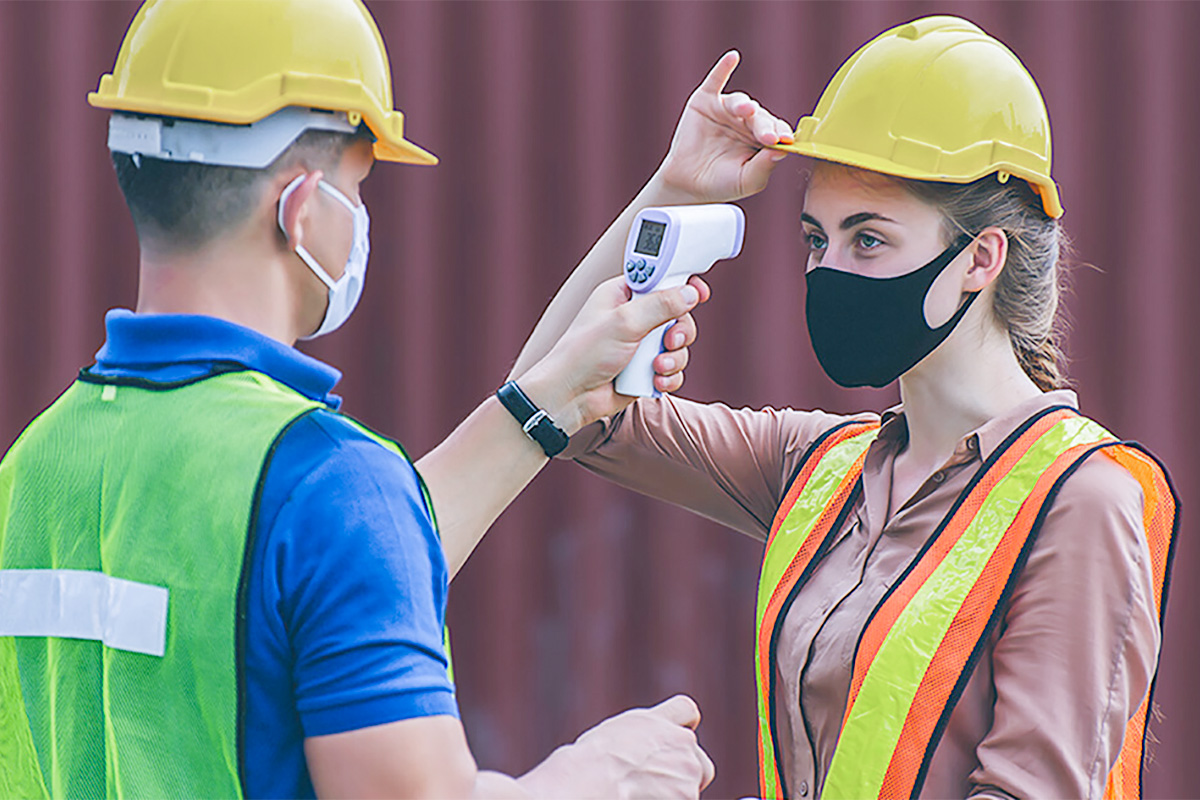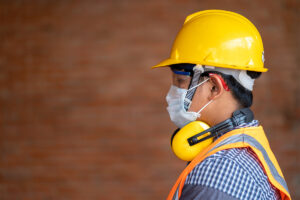
COVID-19 Impact On The Construction Industry
The landscape of the construction industry has changed and will continue to transform under the impact of the coronavirus, now known as COVID-19. One area that has been affected is the urban trend that began in the 1980s and accelerated in the 2000s, when close proximity and mixed-use developments became desired choices for those wishing to trade rural suburbia for a more “city feel.”
That popular choice of this urban density must now give way to the need for populations to distance themselves from one another under the current pandemic. How that will affect the future of construction planning once – or if – the virus is controlled or dissipated remains to be seen, but it is a question that should be asked by industry experts when planning developments for the future.
The affects of COVID-19 are far reaching in determining how people will live their lives, even after the virus has appeared to run its course. No one knows if it will disappear entirely or re-emerge in the future, but areas in the construction industry that could be affected include zoning laws, more complex heating and ventilation systems for air purification, forms of entertainment in mixed-use developments, and retail and office spaces leased in facilities located near apartments or homes where empty malls and office buildings can increase crime and therefore property values.
if it will disappear entirely or re-emerge in the future, but areas in the construction industry that could be affected include zoning laws, more complex heating and ventilation systems for air purification, forms of entertainment in mixed-use developments, and retail and office spaces leased in facilities located near apartments or homes where empty malls and office buildings can increase crime and therefore property values.
While urban density is better for the environment because it is more energy efficient, the current pandemic has revealed a conflict between the need to battle environmental challenges and the need to protect the public’s health by social distancing.
One trend that might emerge is the design of mixed-use neighborhoods that provide wider rather than condensed spaces for living, restaurants, bars and shopping areas – a sort of urban/rural compromise. In addition, the new “working from home” solution to the coronavirus could become a permanent alternative in some industries, thus reducing the costs and close quarters of the typical office setting. Mixed-use developments will also need to take this growing trend into account since the desire to live close to one’s job will no longer be a factor when deciding on property purchases.
Those industries that do not fit into the work from home mode will none-the-less be required to create healthier work environments. The construction industry should take this into account when designing work environments since the demand for upgraded sanitization or disinfectant systems is expected to increase. Touchless devices, including faucets, toilets, waste receptacles, soap dispensers, paper towel dispensers and automated doors should be included in this planning. A return to cubicles may also be included in the designs of many workplaces, whereas current open collaboration areas face redesigns in order to protect employees.
On construction sites, expect to see – at least temporarily for the foreseeable future – hand sanitizing areas, a modification of site activity in order to  adhere to social distancing such as staggering work shifts and freight elevator use, and even having workers scanned for temperatures before gaining access to the site.
adhere to social distancing such as staggering work shifts and freight elevator use, and even having workers scanned for temperatures before gaining access to the site.
Construction supply chains may also be affected for some time. There may be delays in receiving materials, as well as cost increases in overseas shipping rates if suppliers shift from freight to air cargo. There may also be a move from imported materials and equipment to more locally sourced products.
The current popularity of modular construction is expected to grow as a positive response to the challenges presented by COVID-19. Modular building is quicker and cost effective, so workers are less exposed to the virus over time. This was evident when China quickly built two modular hospitals in Wuhan in just 10 days after the coronavirus exploded there. Modular construction is not a solution to all building challenges, but it is a positive one thanks to its design-build delivery method that promises quicker results. This in turn could lead to a surge in manufacturing and supply chain construction projects, such as factories and warehouses needed to product modular products.
Allow President Steven Imburgia and his team of experts help you to navigate the challenges that COVID-19 presents in the construction industry, now and in the future. Imburgia Consulting, LLC is located at 1177 West Loop South in Houston. Contact us at 713-829-4044.
